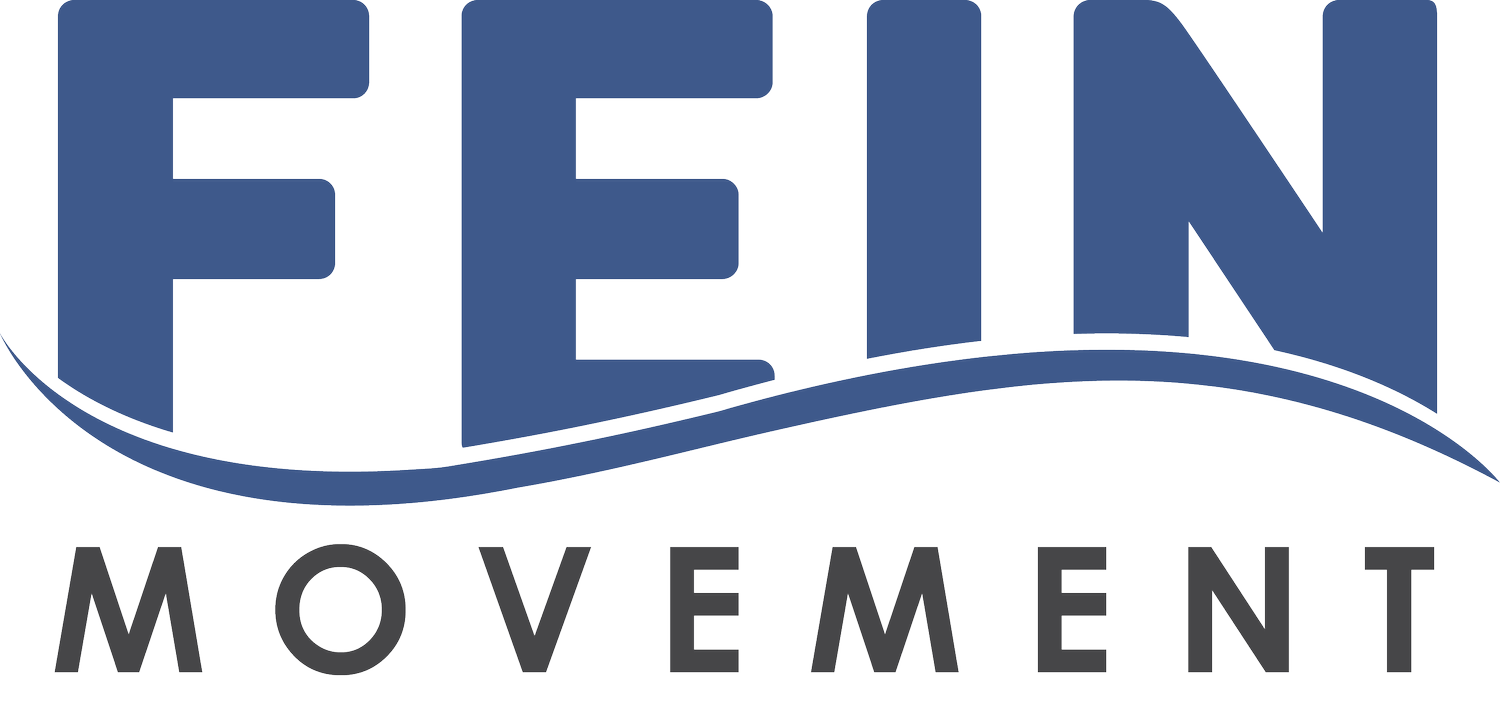How to get better at anything
Or put differently:
“A Fein Way to Practice”
Here’s a peek at the framework I use for practicing a skill. It’s been really helpful to me and to many clients over the past 10 years of coaching. Is it perfect? Does it apply to every person in every situation? Nope! But I hope they’ll get you thinking abut something that works for YOU — the most important person in the world…from your perspective :)
Before digging in, one quick announcement: if you’re interested in skill-building, we have a free FB group of people bouncing ideas around about all of this. Click here to join us!
Okay, here’s an overview of the 5-step process:
1) What do you want to learn, and why?
2) Analyze the task to figure out its crux.
3) Set up a progression with minimal gaps.
4) How will you get useful feedback on the crux?
5) Build a habit around sustainable frequency.
They are in an intentional order, but of course learning isn’t linear. If you find yourself going back skipping a step, or adding in a new step of your own, you’re probably doing something right!
1) What do you want to learn, and why?
Most of us, including me, skip this step. We get excited about trying something, so we try it. And that’s FINE. It’s great. But then if we can take a moment to pause and zoom out, it can be really helpful to clarify our intentions a little bit.
WHAT: Can you clearly state your goal? If an unbiased person could read your goal and see your behavior, would they know whether you had succeeded? For example, “I want my knee to feel better” and “I want to dance at my friend’s wedding on August 4th” are importantly different. How we frame our goals will have a direct impact on how we learn.
WHY: Why is this skill important to you? Or maybe it’s not even that important, and you’re just looking for a bit of fun. Getting clear with yourself upfront will help down the road when your circumstances inevitably change.
2) Analyze the task to figure out its crux
Do you know what it takes to get better at the skill? I don’t mean “Grit! Perseverance! Hard work!” I mean literally...when you’re able to do the skill in the way you want, what will you have learned? For example, let’s say you want to learn how to juggle. If you think of the crux as catching a bunch of flying objects, you’ll probably get overwhelmed. When you realize that it’s about making consistent throws, you’ll set yourself up better to improve your throws (spoiler: the catches will come).
3) Set up a progression with minimal gaps
Crawl, walk, run. If you try to go from a cartwheel to a double-twisting back layout, you will probably land on your ego…
In steps 1 and 2, hopefully you’ve learned a bit about where you are and where you want to be. Think of this as a [bad] ladder, with rungs that are too far apart to reach. Now consider how you can fill in the ladder with more rungs. Consistent baby steps will take you further than staring at an impossible stunt
4) How will you get feedback about your learning of the crux?
Imagine trying to learn archery without a target, while blindfolded, in a dark room by yourself...now you understand that feedback can be important. But it’s very easy to get the wrong type of feedback. Going back to our juggling example, when you drop a ball, you know something frustrating happened. But remember, the crux is making consistent THROWS. Sometimes you make a good throw and it drops, or a bad throw but you still catch it. So how can you get useful feedback? Consider whether you’ll be able to see or hear the necessary feedback, you could set up some kind of target, a camera might help, another person...get creative, You don’t need a ton of feedback, but the right kind at the right time could take you far.
5) Build a habit around sustainable frequency
If you’ve ever tried to learn a skill, you’ve probably noticed that practicing for 15 minutes every day takes you further than an hour and a half once a week. But sometimes this doesn’t make sense -- maybe you can’t make time for a little bit of surfing every day or maybe you need a couple days to recover from heavy weightlifting. So how often can you reasonably practice? How often do you think you’ll find it enjoyable? Think about a random week about a year from now...maybe you’re not feeling well, skies are grey, and you’re busy at work -- how much do you want to practice that week?
Was this article helpful? Please feel free to share with a friend or on social media.
Interested in coaching? Here are two options to see if we’re a great fit:


